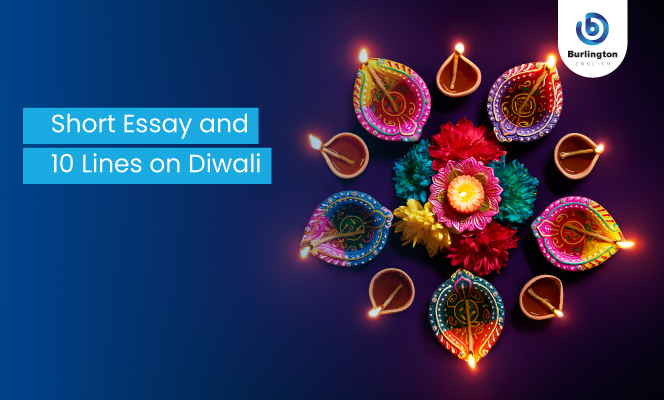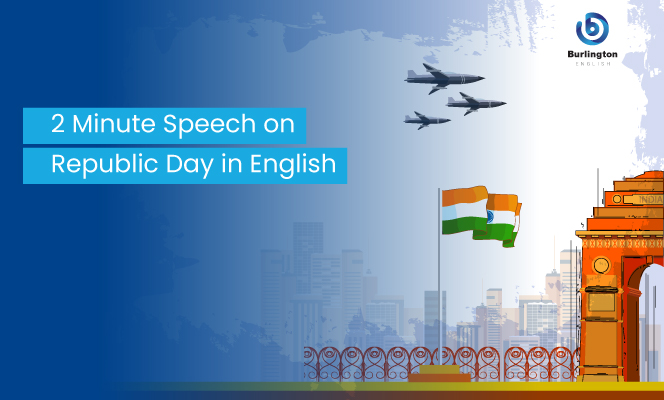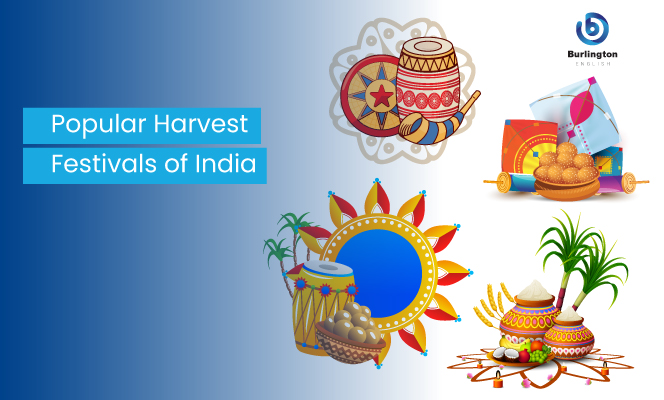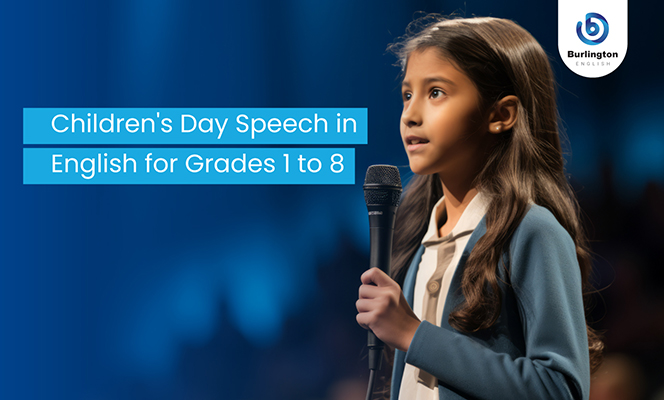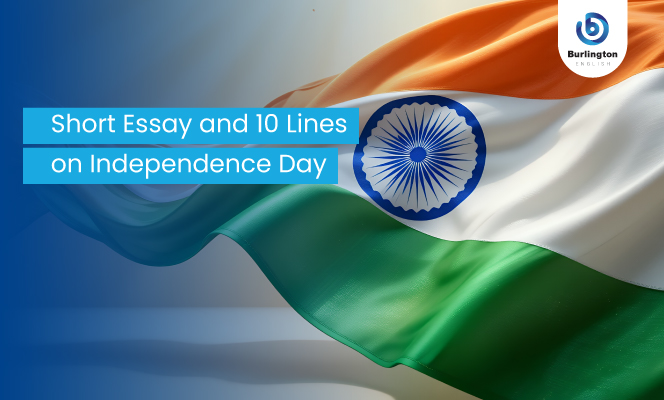Let’s get the diyas out, clean the nooks and corners of our houses, get our brand-new clothes ready and prepare to greet our loved ones with boxes of sweets!
Yes, Diwali is just around the corner! It is time to celebrate with friends and family, instead of dealing with your holiday homework. Fear not! We are here to help with the short essay and 10 lines on Diwali.
As we approach one of the most celebrated and vibrant festivals in India, let us understand how this beautiful festival teaches us goodness and unity.
10 Lines on Diwali
- One of the most widely celebrated festivals in India is Diwali or Deepavali. It is a five-day long celebration usually falling between the months of October and November every year
- Deepavali’s name is derived from the Sanskrit words, ‘deep’ which means lamps or lights and ‘avali’ which means row. Diwali as such means the festival of lights.
- It marks the day of Lord Rama’s return to Ayodhya after his 14 years of exile.
- Diwali is celebrated to symbolise the victory of good over evil, just as Lord Rama triumphed over the Ravana.
- Before Diwali people clean their homes. On the day of the festival, Indians decorate their abodes with flowers and oil lamps, colourful string lights and Rangolis. Dressing up in new clothes and distributing sweets to their neighbours, family and friends is also a part of the festivities.
- Diwali is celebrated over five days, and each day has its own significance.
- Dhanteras, the first day, is considered auspicious for investing in new things, especially gold and silver. On Chhoti Diwali, the second day, homes are cleaned and decorated. The third day brings with it the worship of Goddess Lakshmi for prosperity and good health. Govardhan Puja is the highlight of the fourth day which symbolises the importance of living in harmony with nature. Bhai Dooj is the final day which is an ode to the love amongst siblings.
- Diwali is a period of positivity with the rituals focusing on inviting goodness into our homes and our lives.
- The festival is celebrated with firecrackers to ward off evil and illuminate the path of happiness.
- Diwali represents a fresh start with positivity and togetherness.
A Short Essay on Diwali, The Festival of Lights
Diwali is one of the most significant festivals in India, celebrated widely by everyone. Diwali is also known as Deepawali, which in Sanskrit means the festival of lights. It happens to be one of the most vibrant of all festivals celebrated in the country.
According to Hindu mythology, Diwali is celebrated to honour the return of Lord Rama after 14 years of exile and his victory over the demon king of Lanka, Ravana. The festival, consequently, symbolises the triumph of good over evil.
People across the country get ready to welcome this day, by cleaning every corner of their homes. On Diwali, every family prepares different kinds of sweets and snacks to distribute amongst their friends, neighbours and family members as they greet them. Houses are decorated with flowers, and the balconies and front yards are adorned with colourful paper lanterns, string lights and oil lamps. Intricate designs with rice flour or rangoli powders are created in front of the houses and decorated with flowers and lamps. People light firecrackers and celebrate each day of Diwali with zeal and excitement. Lighting firecrackers is believed to ward off evil and bring joy.
Diwali is celebrated over a period of five days, and each day has its own significance. The first day is Dhanteras, when families buy items made of gold or silver to welcome Goddess Lakshmi, the gatekeeper of wealth, into their homes. The second day is Choti Diwali, the day prior to the actual Diwali, which symbolises the triumph of good over evil. The third day, the actual day of Diwali, is an occasion to worship Goddess Lakshmi.
The fourth day is for Govardhan puja, worshipping cows and bulls and signifying the importance of living in harmony with nature which provides us with all the resources for life. The fifth day is celebrated as Bhai Dooj. On this day, siblings come together, the sisters apply tilak with vermillion and rice on their brothers’ foreheads, perform the aarthi (veneration with fire) to ward off evil and to ensure their well-being, they exchange sweets and gifts and celebrate the bond that they share.
Celebrating Diwali reinforces the values of unity, kindness, togetherness, love and gratitude. Diwali is not just a festival. It is a season to welcome positive energy and new beginnings.
Interesting Facts About Diwali
- Diwali is not just a Hindu festival; Sikhs and Jains also celebrate it.
- Although Diwali is the festival of lights, it is celebrated on a no-moon night.
- The festivities mark the end of the harvest season.
- It marks the beginning of the Hindu New Year.
- According to the mythology of Samudra Manthan, Goddess Lakshmi was born from the churning of the milky ocean. The goddess’s birth coincides with the first day of Diwali, Dhanteras.
- In West Bengal, the Diwali celebrations centre around the worship of the fierce Goddess Kali. It symbolises the victory of good over evil.
- Another story from the Mahabharata says that Diwali marks the return of the Pandavas from exile.
- In Nepal, Diwali is celebrated as the triumph of Lord Krishna over the demon Narakasur.
- Outside of India, Leicester in the United Kingdom, celebrates Diwali on a grand scale with thousands of people attending from all over the country.
- The mythologies that have woven themselves into Diwali celebrations are many, but it is a festival that essentially symbolises the glorious triumph of good over evil.
A Green Diwali
Although Diwali is celebrated with great pomp and splendour, we must be mindful not to be unkind to Mother Nature during our celebrations. Here’s how you can celebrate a sustainable and eco-friendly Diwali:
- Instead of using plastic fairy lights, we can use traditional earthen lamps, which are both eco-friendly and budget-friendly.
- Many decorative items on the market use non-biodegradable substances. We can return to flower and leaf garlands, which not only add vibrancy to our homes but also connect us to our traditions and roots.
- We can celebrate by planting a sapling to symbolise new beginnings and care for the environment.
- Enjoying the festival with music, dance, and storytelling is better than polluting the environment with fireworks.
- Consider donating old toys, clothes, or books to families in need to spread light and happiness.
Let us celebrate this Diwali responsibly!

